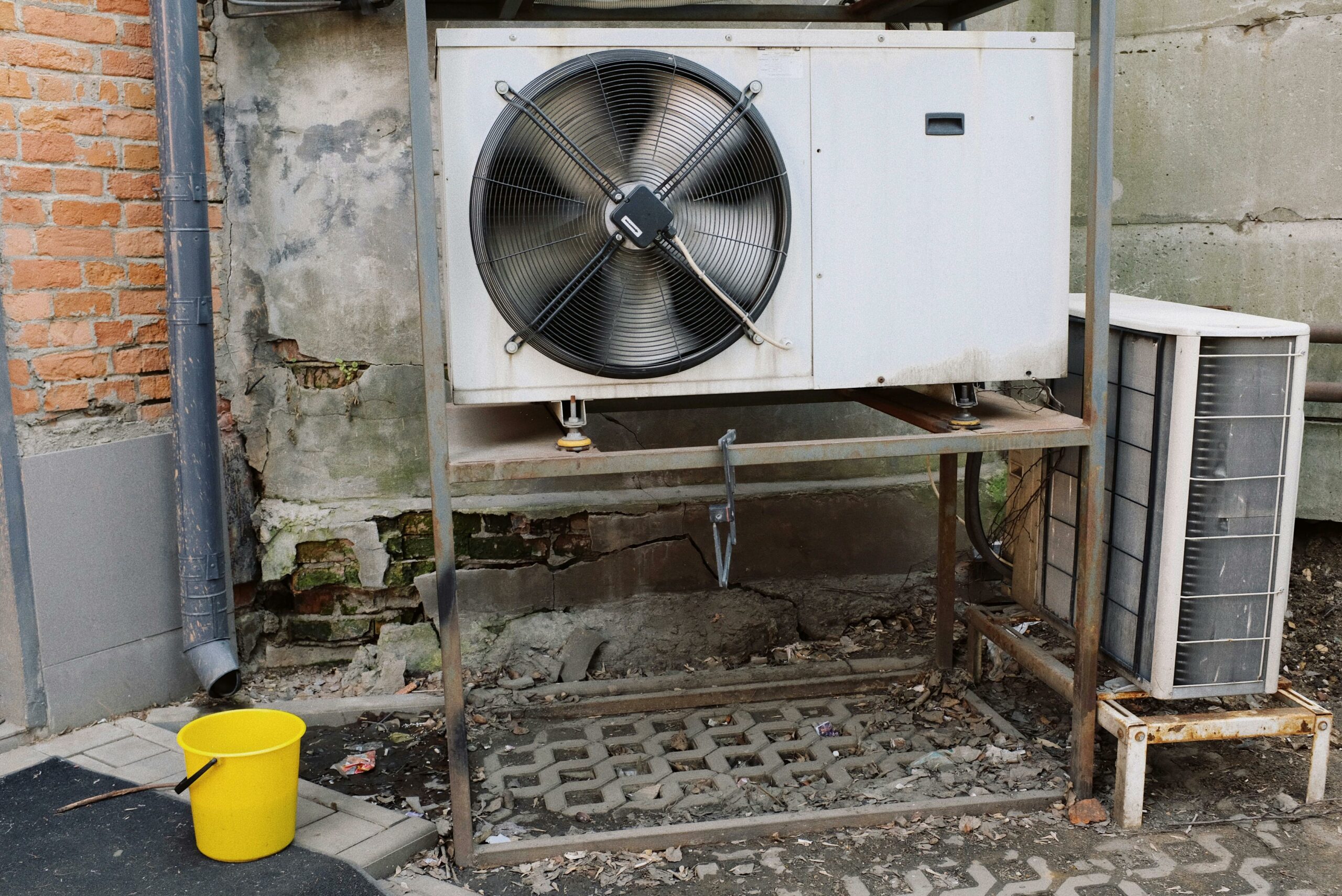The following contribution is from another author.
In recent years, as concerns about environmental sustainability have grown, fresh food stores have increasingly found themselves at the forefront of innovative solutions to reduce their ecological footprint. One such solution gaining widespread adoption is the use of compostable packaging for foods. This revolutionary approach not only addresses the pressing issue of plastic pollution but also aligns with the values of consumers who are increasingly seeking environmentally friendly products and practices.
Compostable fruit & veg packaging offers an eco-friendly solution for packaging fresh produce, minimizing waste and environmental impact. Unlike traditional plastics, which can linger in landfills for centuries without breaking down, compostable packaging is designed to decompose into organic matter under the right conditions, leaving behind no harmful residues. This presents a significant opportunity for fresh food stores to not only minimize waste but also contribute to the creation of nutrient-rich compost that can be used to enrich soil and support sustainable agriculture.
The journey towards incorporating compostable packaging into the operations of fresh food stores begins with the careful selection of materials. These stores prioritize sourcing packaging materials that are certified compostable, meaning they meet stringent standards for biodegradability and environmental safety. Common materials used for compostable packaging include bioplastics derived from renewable resources such as corn or sugarcane, as well as biodegradable paper products sourced from sustainably managed forests.
Once the materials have been chosen, fresh food stores focus on designing packaging solutions that strike the perfect balance between functionality and sustainability. Whether it’s clamshells for delicate berries, trays for juicy cuts of meat, or bags for leafy greens, each packaging solution is carefully crafted to preserve the freshness and quality of the food while minimizing its environmental impact. This thoughtful design approach ensures that customers can enjoy their favorite foods guilt-free, knowing that the packaging they come in is contributing to a healthier planet.
Education plays a crucial role in the successful adoption of compostable packaging. Fresh food stores take proactive measures to inform and empower their customers about the benefits of compostable packaging and the importance of proper disposal methods. This includes labeling packaging with clear instructions on how to compost it at home, as well as providing information about local composting facilities where customers can dispose of their packaging responsibly. By arming consumers with knowledge, fresh food stores inspire them to actively participate in the journey towards a more sustainable future.
Collaboration is another key aspect of integrating compostable packaging into the operations of fresh food stores. These stores often partner with composting facilities in their communities to ensure that their packaging materials are disposed of in an environmentally responsible manner. Composting facilities play a vital role in processing organic waste, including compostable packaging, and turning it into nutrient-rich compost that can be used to nourish plants and promote soil health. By working together, fresh food stores and composting facilities close the loop on compostable packaging, ensuring that it remains a truly sustainable solution from cradle to grave.
Innovation is driving continuous improvement in the realm of compostable packaging. Fresh food stores are constantly exploring new technologies and advancements that enhance the sustainability and functionality of packaging materials. This includes researching alternative bio-based polymers, experimenting with innovative packaging designs, and investing in compostable packaging solutions that offer superior performance and durability. By embracing innovation, fresh food stores stay at the forefront of eco-friendly practices and set a powerful example for other businesses in the retail sector.
The adoption of compostable packaging represents more than just a practical solution to a pressing environmental problem—it’s a statement of values. Fresh food stores that embrace compostable packaging demonstrate their commitment to sustainability, environmental stewardship, and the well-being of future generations. By choosing compostable packaging, these stores not only reduce their ecological footprint but also inspire others to follow suit and join the movement towards a greener, more sustainable world.
In conclusion, the incorporation of compostable packaging into the operations of fresh food stores represents a significant step forward in the journey towards environmental sustainability. Through careful material selection, thoughtful design, consumer education, collaboration with composting facilities, innovation, and a commitment to values-driven business practices, these stores are leading the charge towards a future where fresh food is not only delicious but also environmentally responsible. Together, we can create a world where sustainability is the norm, and compostable packaging is just the beginning of a brighter, greener future for all.























